DIRECTORS
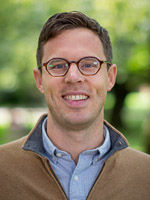
Matthew Powers is a Professor in the Department of Communication and Co-Director of the Center for Journalism, Media and Democracy. His research explores transformations in media careers, usually from a comparative perspective, and their societal implications. He is the author of The Journalist’s Predicament: Difficult Choices in a Declining Profession (with Sandra Vera-Zambrano) and NGOs as Newsmakers: The Changing Landscape of International News.
At the University of Washington, Powers teaches undergraduate courses in ethics and comparative media. At the graduate level, he teaches courses and advises students in qualitative and comparative research methods, and the sociology of journalism and cultural production. He received his Ph.D. in Media, Culture and Communication from New York University. Before entering the academy, he worked as a journalist at the Burlington Free Press in Vermont.
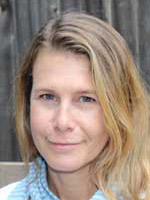
Adrienne Russell is Mary Laird Wood Professor in the Department of Communication. She studies the intersection of emerging technologies and pressing social problems. Her work spotlights ways national and transnational media systems in the networked era are evolving and how they shape public discourse and responses to pressing social issues. Her most recent book, The Mediated Climate: How Journalists, Big Tech and Activists are Vying for our Future, documents the ways our inadequate response to climate change is intertwined with challenges posed by our information environment.
Before joining the Department of Communication faculty at the University of Washington, Russell was an associate professor of Emergent Digital Practices at the University of Denver and an assistant professor in the Department of Global Communication at the American University of Paris. She has held fellowships and visiting appointments with the Annenberg Center at the University of Southern California; Microsoft Research, Cambridge; The Department of Media and Communication at the London School of Economics; Weizenbaum Institute for the Networked Society, Berlin; Japan Society for the Promotion of Science, Waseda University, Tokyo; and the Helsinki Inequality Initiative, University of Helsinki.
SENIOR RESEARCH FELLOWS
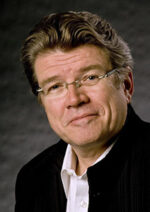
Lance Bennett received his Ph.D. in political science from Yale University in 1974 and has taught since then at the University of Washington, where he is Ruddick C. Lawrence Professor Communication, Emeritus and Professor of Political Science, Emeritus. Bennett founded the Center for Communication and Civic Engagement, which became the Center for Journalism, Media and Democracy in 2020.
Bennett has lectured internationally on media and information systems in civic life with emphasis on press-government relations, the quality of public information, communication in social movements, transnational activism, citizenship and youth civic engagement, digital media and political participation, and the organization of technology enabled protests. His current work focuses on better aligning environment, economy and democracy to build more equitable and sustainable human systems on the planet.
He has held visiting professorships at Harvard University, Uppsala, Stockholm, and Free University Berlin. In addition to receiving honorary doctorates from Uppsala and Bern, he has received career achievement awards from the American Political Science Association, The International Communication Association, the US National Communication Association., and the German Humboldt Foundation. His publications include The Logic of Connective Action: Digital Media and the Personalization of Contentious Politics (with Alexandra Segerberg, Cambridge 2013), and The Disinformation Age: Politics, Technology and Disruptive Communication in the United States (with Steven Livingston, Cambridge 2020).
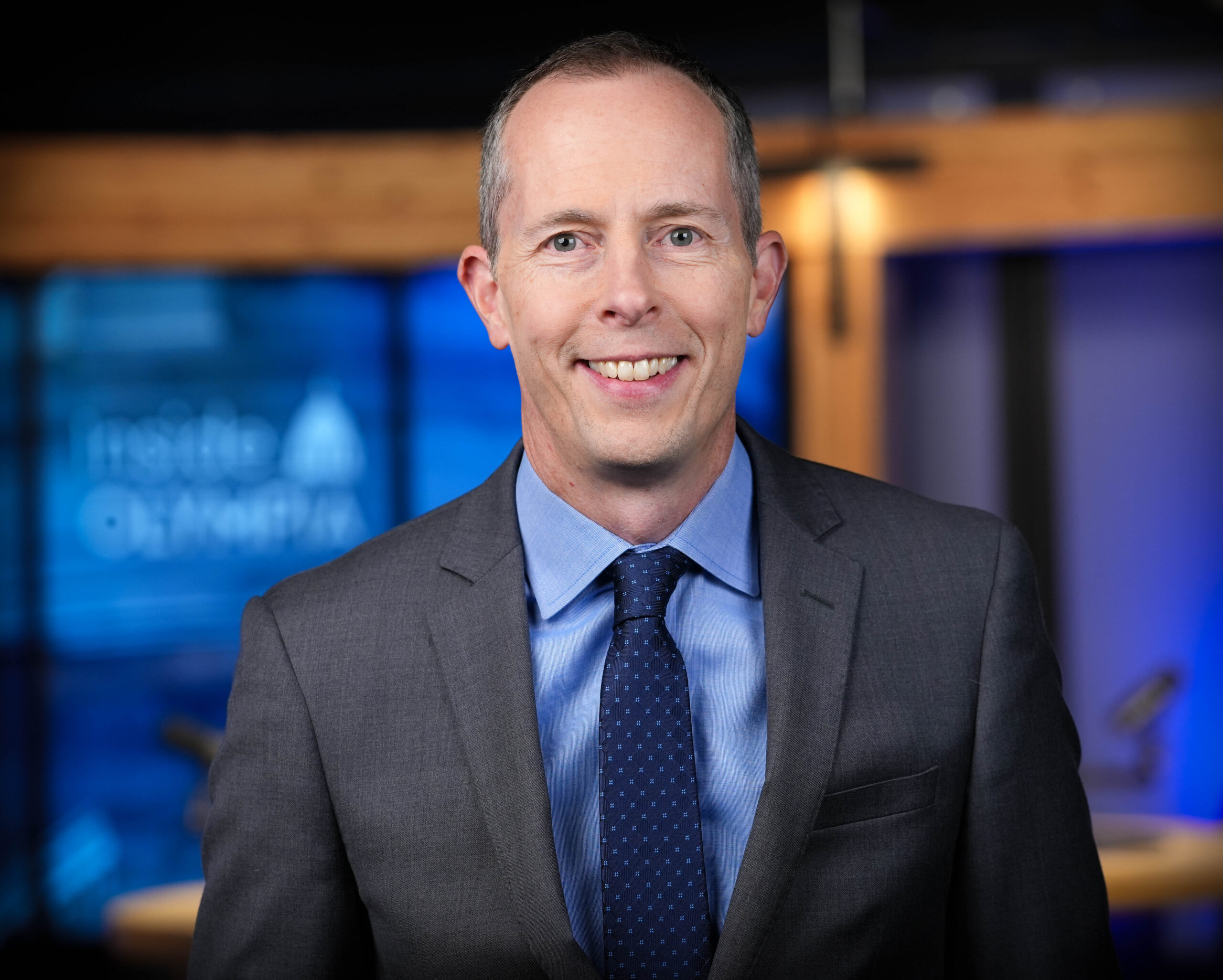
Austin Jenkins covers tech policy for Pluribus News, a digital news site focused on emerging policy trends in states and state legislatures. Austin is also the longtime host of “Inside Olympia” on TVW, Washington State’s C-SPAN network. Previously, Austin spent nearly two decades covering the Washington State legislature and state politics for Northwest NPR stations. Prior to that, Austin worked as a television news reporter. He earned his B.A. in government from Connecticut College and his Master in Communication from the Communication Leadership program at the University of Washington. Austin is a proud inductee of the UW School of Communication Hall of Fame.
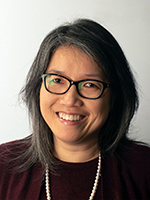
Patricia Moy is a political communication scholar who focuses on communication and citizenship, specifically, how mediated and interpersonal communication can shape public opinion, citizens’ social and political trust, and political behavior. Her research addresses communication content, processes and effects across myriad issues in multiple continents. Moy’s scholarship has been published as books and articles in leading refereed journals including Journal of Communication, Journalism & Mass Communication Quarterly, Communication Research, Political Communication, and the International Journal of Public Opinion Research. Her book With Malice Toward All? examines the prevalence of media negativity and the process by which it shapes knowledge and attitudes about key institutions that govern society. Her edited volume Communication and Community examines communication processes and effects within geographical, online, epistemic, and a host of other communities.
At the UW, Moy teaches courses in communication theory, public opinion, political communication, statistics and methodology, and the graduate professional development proseminar series. She has held teaching appointments at Hebrew University, the University of Milan, and the University of Mannheim’s Department of Media and Communication Studies and the Mannheim Center for European Social Research.
In her capacity as the UW’s Associate Vice Provost for Academic and Student Affairs, Moy coordinates the institution’s accreditation process, represents the Provost’s Office in specialized accreditations and academic program reviews, and addresses tricampus collaborative efforts and issues.
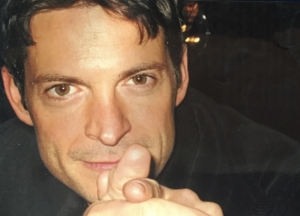
John F. Tomasic is the director of Student Media at the University of Washington, publisher and editorial adviser for The Daily, the university’s student news outlet, and journalism instructor in the Communication department. He has worked as a reporter and editor for politics, business, and academic publications and for a United Nations special commission on war crimes in the former Yugoslavia. He was capitol bureau chief at the Colorado Statesman, president at the Colorado Independent nonprofit digital news outlet and managing editor at the Huffington Post’s 2007-2008 citizen-journalism elections reporting project “Off the Bus.”
Tomasic has taught undergraduate and graduate students at institutions that include the University of Paris Dauphine, Indiana University Bloomington and the University of Denver. He was the director of the University of Southern California’s digital-journalism outlet and training program “Pop and Politics.”
FELLOWS

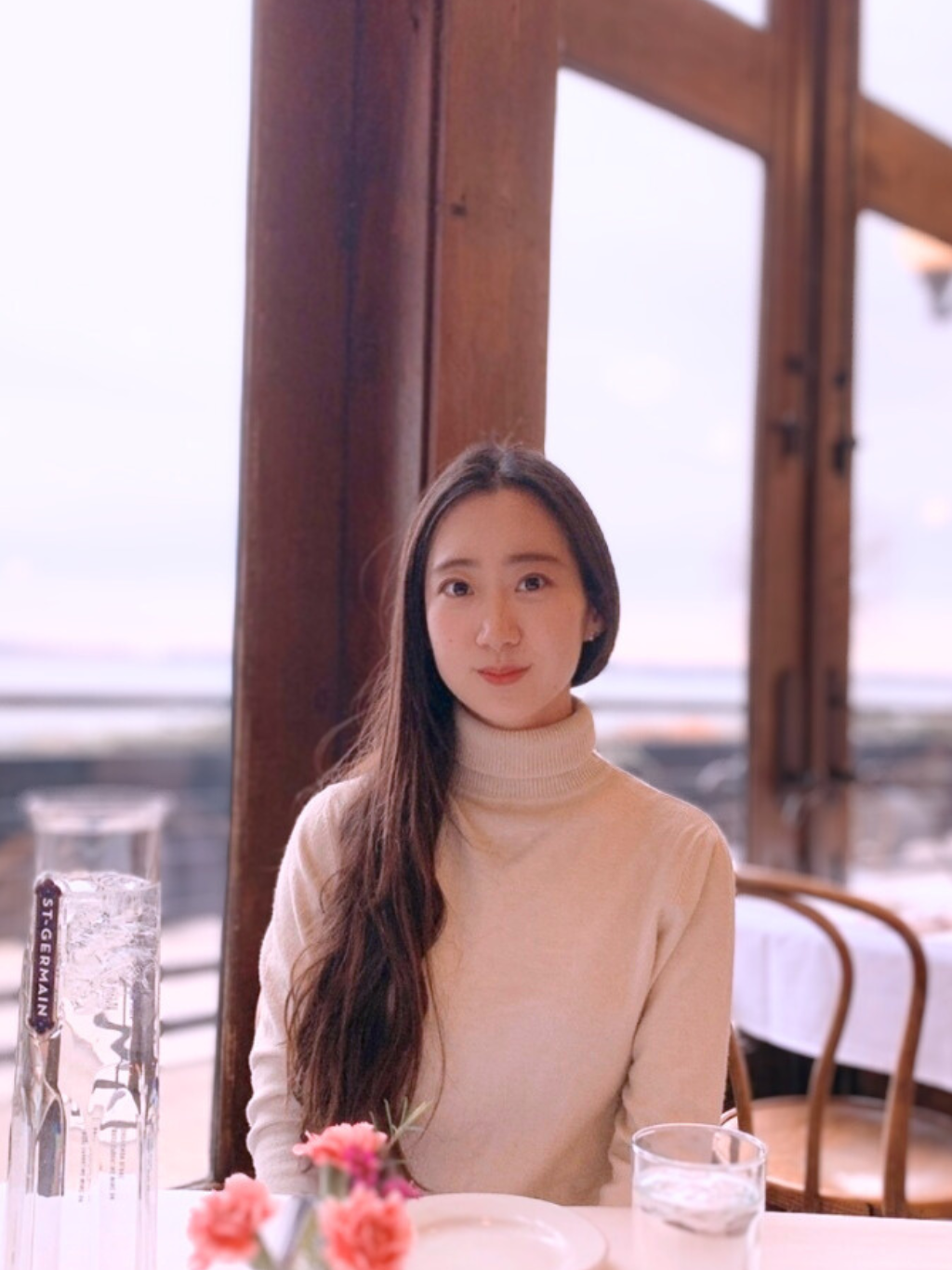
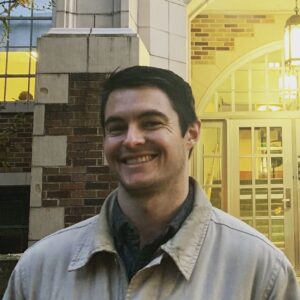
Kyle Kubler is a faculty lecturer in the McGill Writing Centre at McGill University and a research fellow with the CJMD. At McGill, Kyle teaches writing-based courses on digital and science communication and is the co-director of the Writing Centre’s Graduate Writing Fellowship. His research primarily focuses on social media, political economy, and information communication technologies. His research has been published in journals such as Media, Culture & Society, Journal of Marketing Management, Journalism Practice and Big Data & Society. Kyle received his PhD from the department of communication at the University of Washington where he studied the beliefs, strategies, and cultural production of fitness influencers and content creators on Instagram.

Wang Liao is an Assistant Professor in the Department of Communication. His research examines situational communication dynamics and the emergence of solidarity and hierarchy in everyday interactions—face-to-face, mediated, or involving machine actors—with a focus on social influence processes and outcomes including compliance gaining, advice giving, support reception and providing, and information seeking and sharing. His work has appeared in refereed journals such as Journal of Communication, Journal of Computer-Mediated Communication, Human Communication Research, Communication Research, Science Communication, and New Media & Society. At the University of Washington, Liao teaches courses in group communication, interpersonal communication, and quantitative research methods. He earned his PhD in Communication from Cornell University and previously served on the faculty at the University of California, Davis.
COMMUNICATIONS STRATEGIST
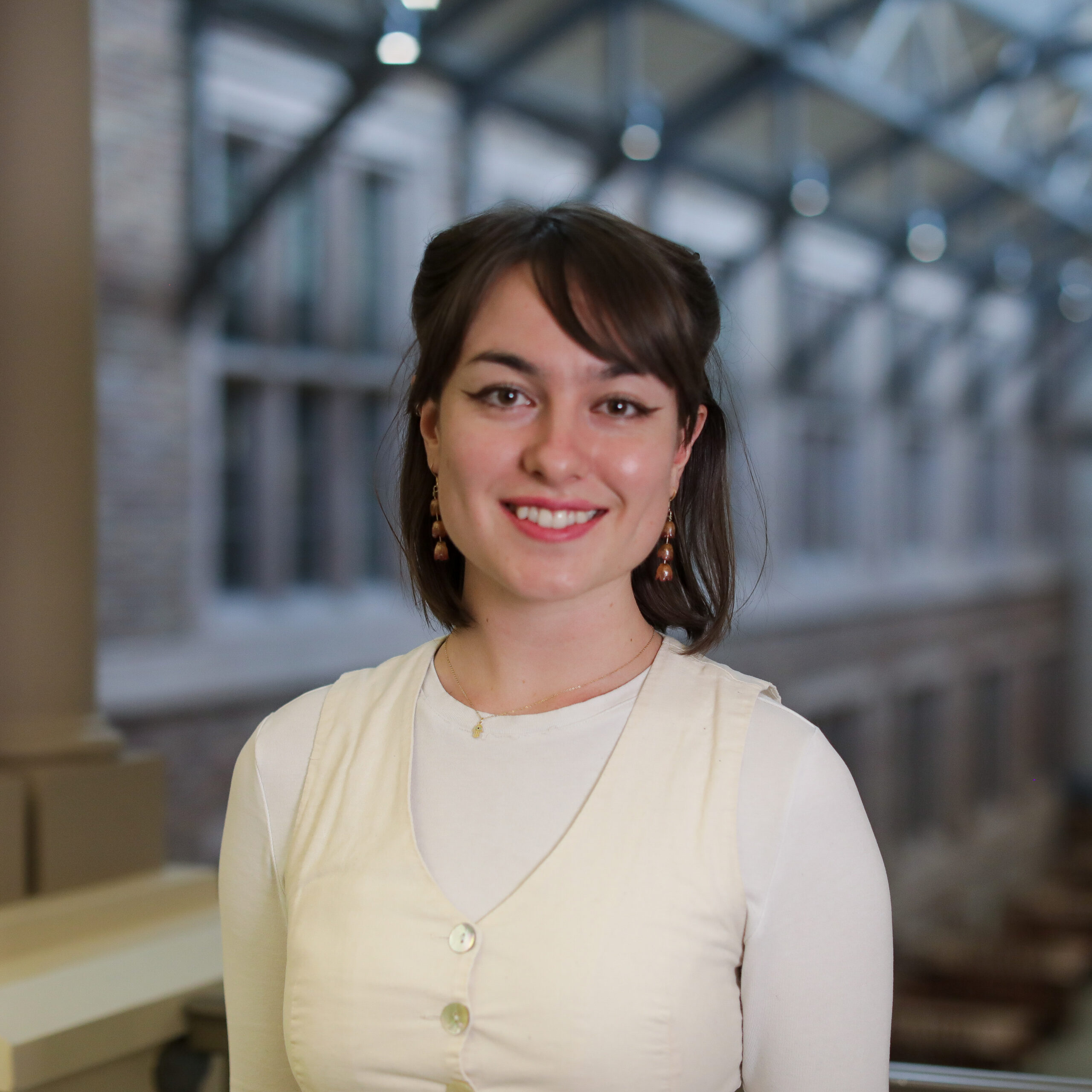
Lauren Rosenthal is a graduate student in the Communications Leadership program at the University of Washington. She focuses on storytelling, digital engagement, and equity-driven communications, with particular interest in amplifying underrepresented voices and fostering community connections. Lauren previously served as Communications Manager at African Community Housing and Development, leading multi-platform campaigns, producing multimedia content, and managing community events to increase engagement and impact. As a freelance journalist, she has reported for Formidable, the South Seattle Emerald, College Magazine, and local publications in Los Angeles, California, covering topics ranging from civic life and education to social justice and community culture. She holds a B.A. in English and Anthropology from UCLA and is completing her M.A. in Communications – Digital Media at UW.
POSTDOCTORAL RESEARCH FELLOWS
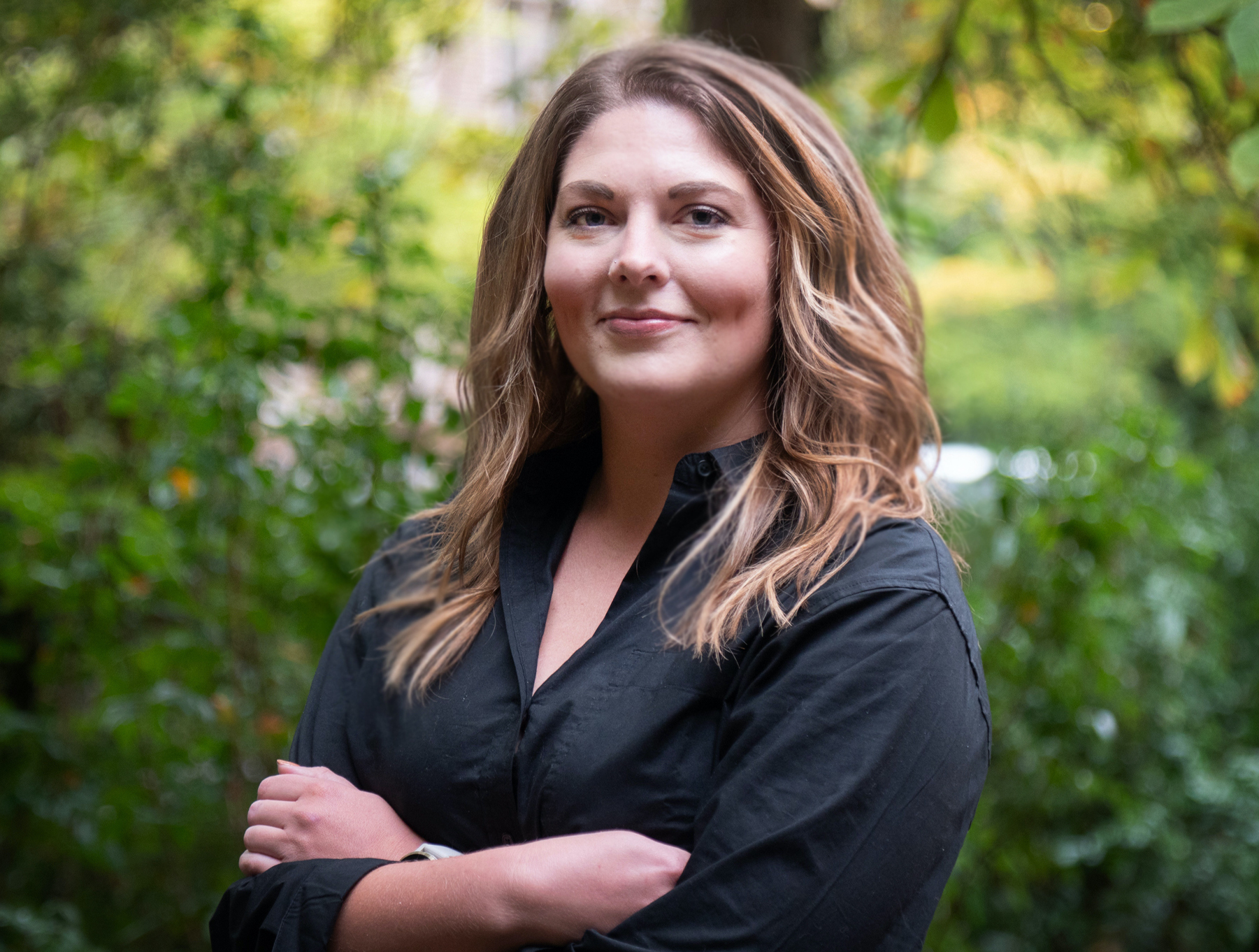
Meagan Doll is a postdoctoral research associate in the Hubbard School of Journalism & Mass Communication at the University of Minnesota – Twin Cities. Meagan studies news production and consumption, with particular interest in how news media shape civic attitudes and behaviors, especially beyond Euro-American contexts. Specifically, her work has addressed factors driving media trust in non-democratic environments; perceptions of conflict reporting; and effects of news organizations’ public engagement efforts and politics coverage. Meagan uses both qualitative and quantitative methods and has international fieldwork experience in Uganda and Rwanda. Her work is published in several leading communication journals, including first-authored pieces in the International Journal of Press/Politics, Journalism, the International Journal of Communication, Journalism Studies, and Journalism & Mass Communication Quarterly. Meagan completed her Ph.D. and M.A. in Communication at the University of Washington and received her B.A. from the University of Wisconsin-Madison School of Journalism & Mass Communication, with certificates in African studies and global health.
GRADUATE RESEARCH FELLOWS
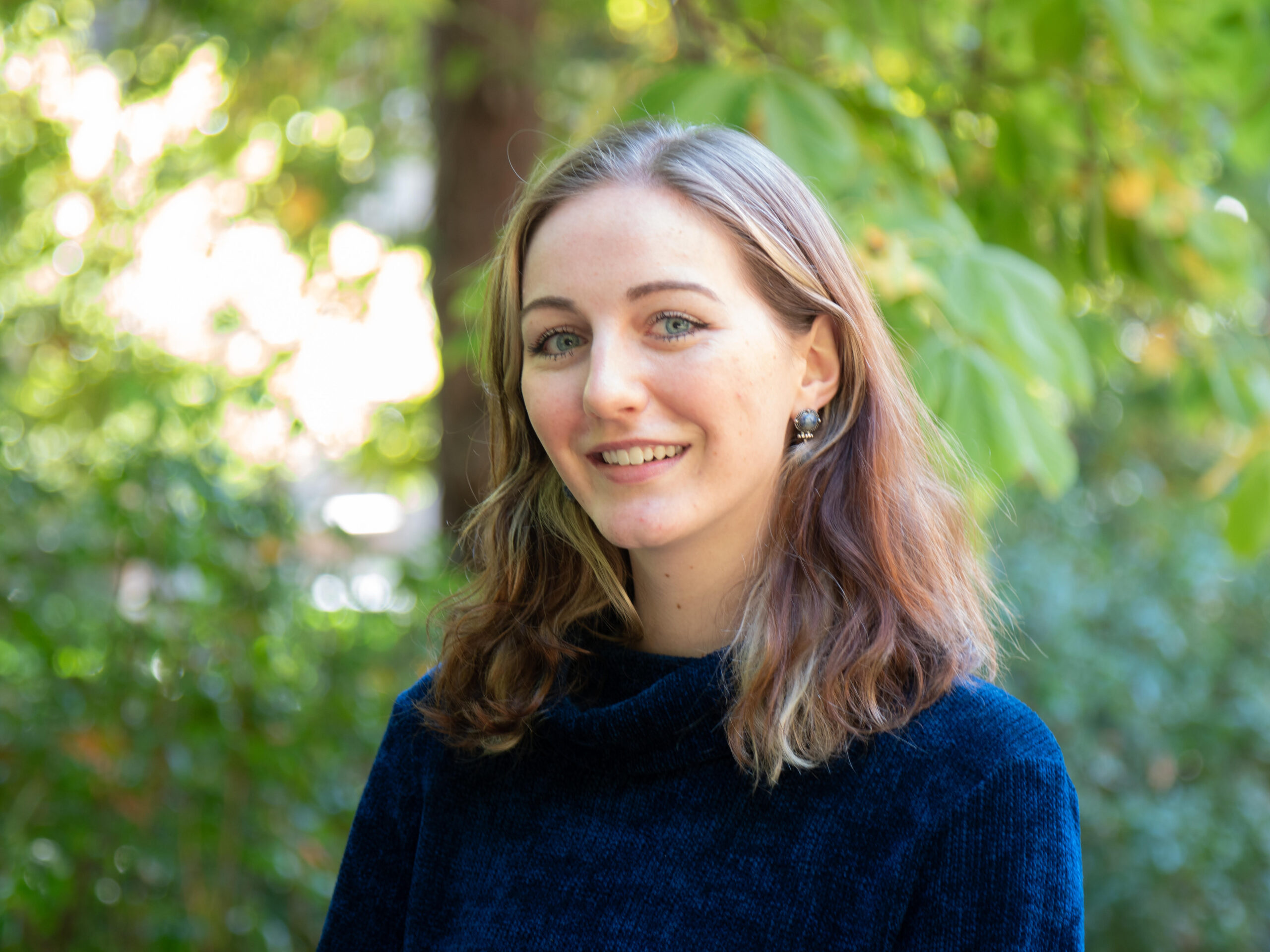
Madelyn Douglas (she/her) is a Ph.D. student in the Department of Communication focusing on the rhetoric of science and technology and the online public sphere—especially the co-optation of tech ethics and the narratives justifying technology development. She is currently researching ways that publics adopt and/or reject the anthropomorphization of different LLM chatbots, and is involved in a CJMD project investigating the uses and abuses of transparency in Washington state public records. Before UW, Maddie worked as a software engineer and a technical writer.
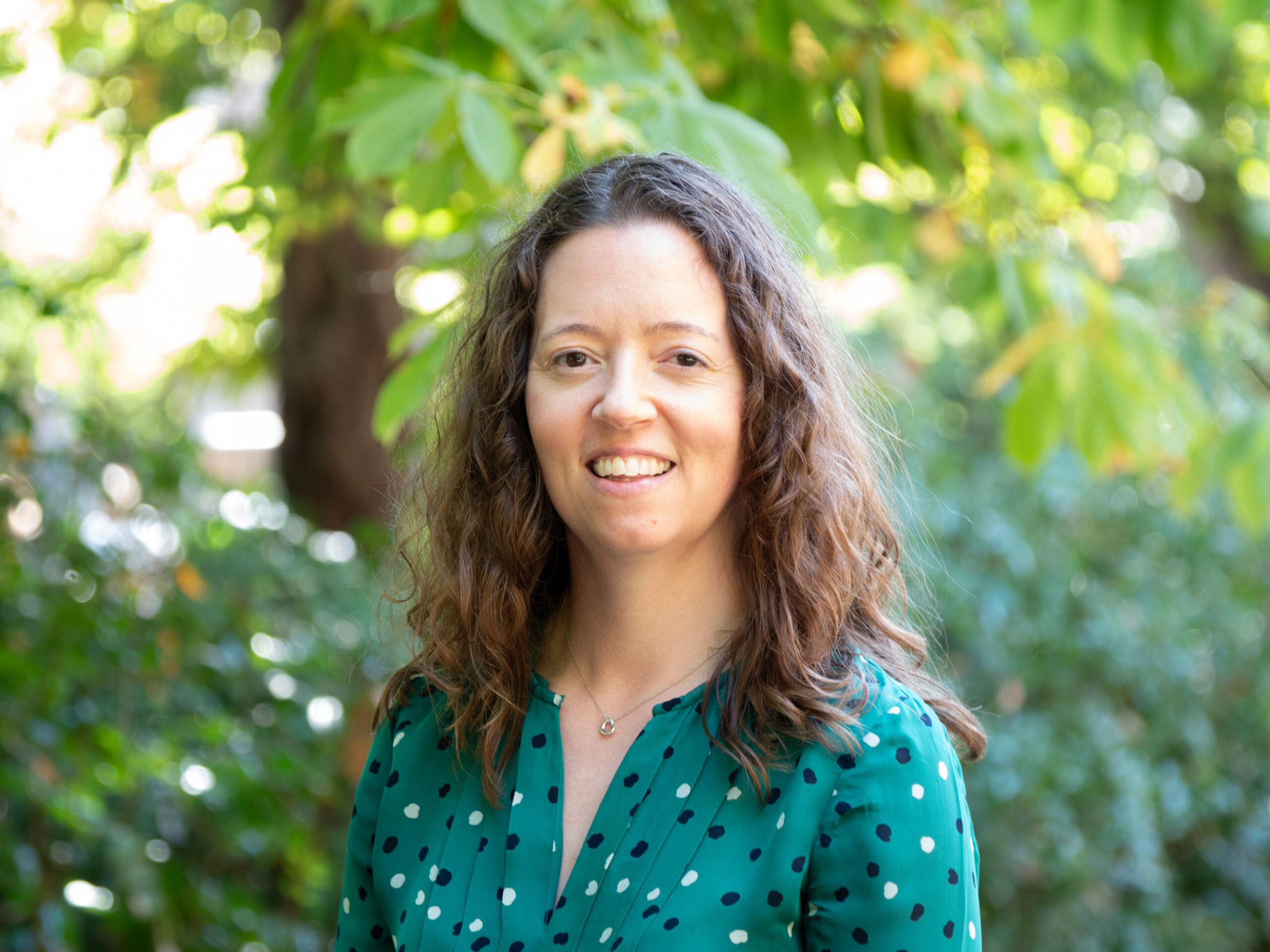
Brooke Fisher is a Ph.D. student in the Department of Communication at the University of Washington who studies media ownership topics. She is currently investigating the impacts of the latest ownership trend — private equity ownership — on newsroom practices and perceived news quality. She previously worked as a journalist and holds a master’s degree in Human Centered Design & Engineering from UW.
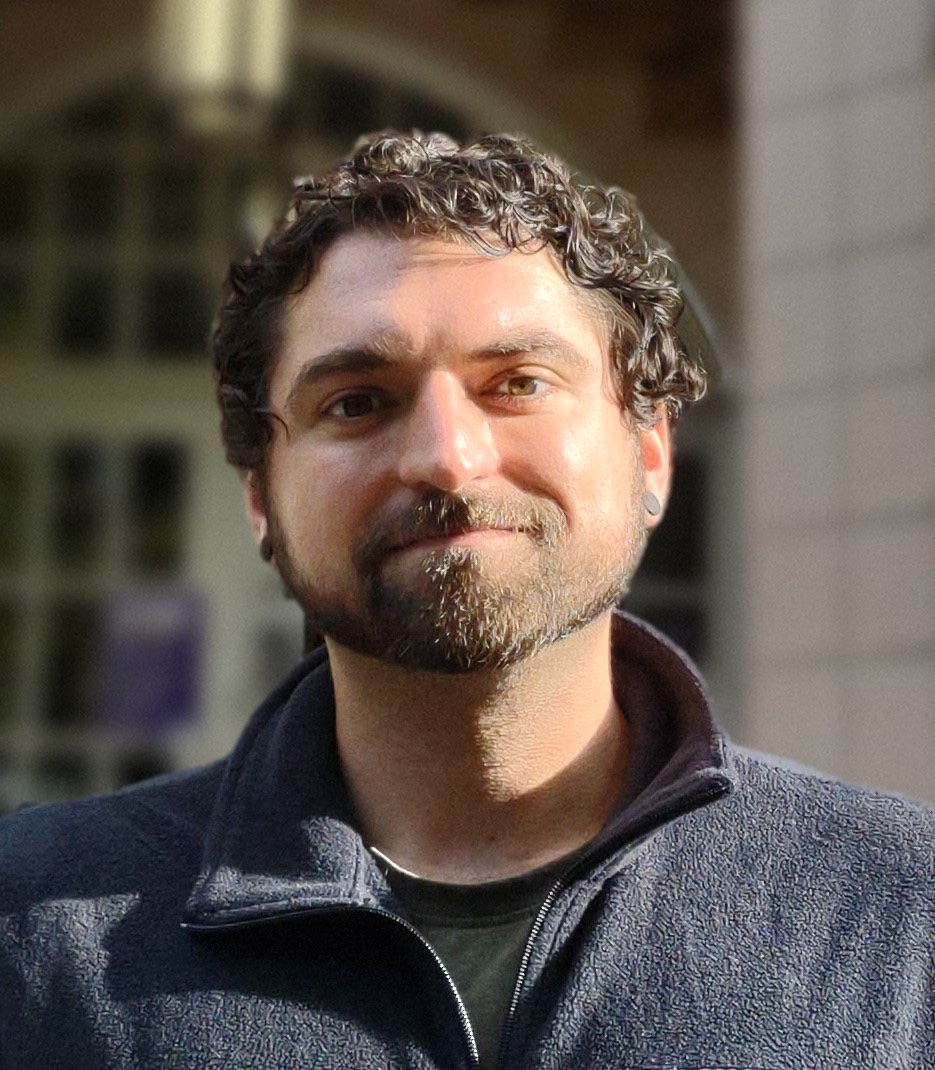
Russell Hansen is a Ph.D candidate in the Department of Communication with interests at the intersection of political communication and communication technology. His research tends to focus on political discussion among citizens in online spaces, seeking to understand the conditions that facilitate or hinder deliberative discourse. His doctoral dissertation explores perceptions of inclusion and exclusion in online political conversations and the participatory outcomes associated with such perceptions.
PAST FELLOWS
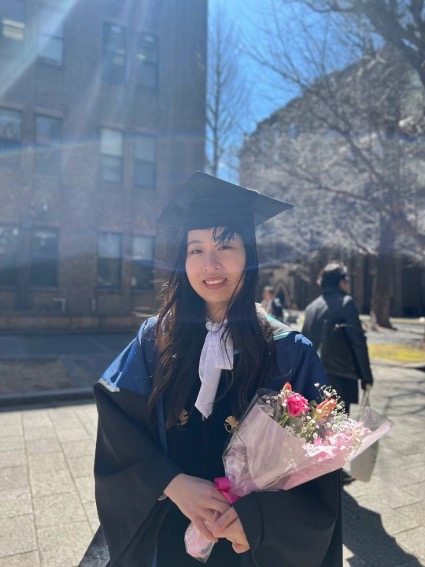
Mengyuan Fu is a junior researcher in the faculty of political science and economics at Waseda University, Tokyo, Japan. Her research interests lie at the intersection of STS, science communication, and environmental issues, particularly in the knowledge co-production in new media. She received her PhD from the Department of Multidisciplinary Sciences at the University of Tokyo where she focused on a case study of the social construction of microplastics in Japanese public communication.

André Ullrich heads the research group “Digitalization, Sustainability and Participation” at the Weizenbaum Institute and is currently doing his habilitation on responsible and sustainable digitalisation. He studied business administration in Potsdam and Moscow and did his doctorate in business information systems on the characteristics of changeable systems at the University of Potsdam. He was a visiting researcher at the Universities of Stellenbosch, Queensland University of Technology and Hong Kong Polytechnic University. He then worked as part of a junior research group on transformative potentials of digitally networked production for people, the environment and technology as a post-doctoral researcher at the University of Potsdam. His work focuses on the opportunities and risks of digitalization for the socio-ecological transformation of companies and society.
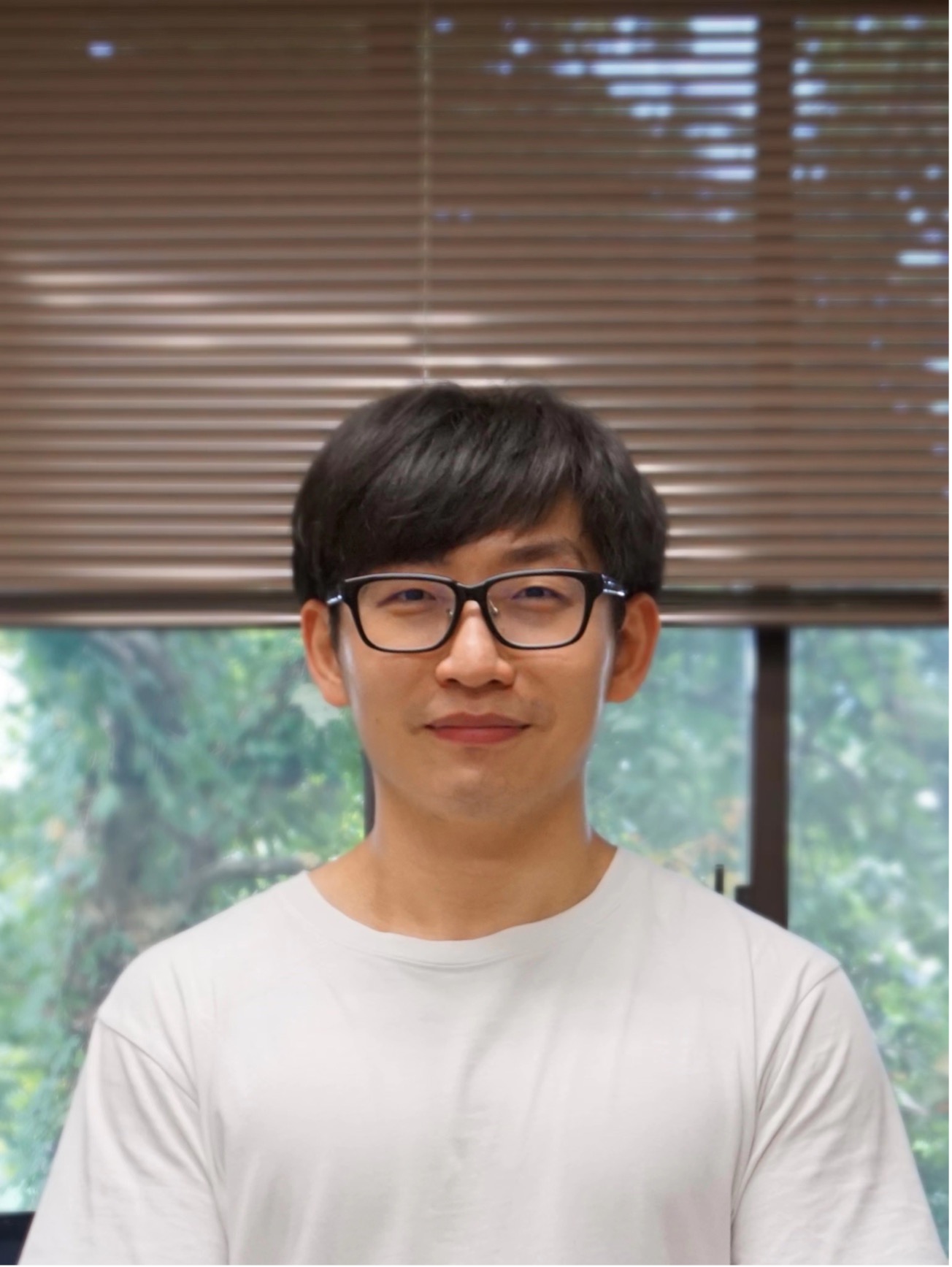
Kunhao Yang is an Associate Professor in the Faculty of Engineering at Yamaguchi University, Japan. His research and teaching focus on computational social science, with a particular interest in understanding human behavior patterns in cyberspace. Currently, Kunhao is studying how modern information systems (such as social networking sites and recommendation algorithms) influence online collaboration and social conflicts. He’s also passionate about developing computational tools for social science studies and exploring the field of socio-physics. Prior to joining Yamaguchi University, Kunhao was a senior lecturer in the School of Law at ChouGakuin University and a junior researcher at the Waseda Institute of Political Economy, Waseda University.
PAST GRADUATE FELLOWS

Polly Straub Cook studies right wing media and science denial. She completed a bachelor’s degree in journalism from the University of Washington in 2003 and worked in community journalism as a general assignment reporter and newspaper editor before returning to the university to complete a PhD.
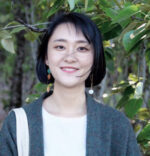
Luyue Ma is a Ph.D. candidate in the Department of Communication. Her research focuses on the intersection of digital technology, political engagement, and journalism. She is particularly interested in understanding how digital technologies shape the construction of public discourse in the networked media system. Currently, she is working on her doctoral dissertation on technology-driven solutions to address disinformation. She holds an M.A in Media and Communication from Bowling Green State University.
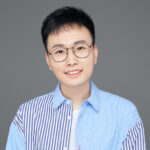
Hai Wang is a PhD candidate in Communication at the University of Washington. His research focuses on international journalism, digital news production, Chinese foreign-aimed media, and Chinese soft power (particularly in Southeast Asia). Hai was also a visiting scholar at the Thai-Chinese Strategic Research Center, National Research Council of Thailand in spring 2023.